
In the early afternoon of 3 January this year, a small metal box was delivered to the Shanghai Public Health Clinical Centre addressed to virus expert Prof Zhang Yongzhen. Inside, packed in dry ice, were swabs from a patient who was suffering from a novel, occasionally fatal respiratory illness that was sweeping the city of Wuhan. Exactly what was causing terrifying rises in case numbers, medical authorities wanted to know? And how was the disease being spread?
‘I worked so hard in the lab. I cried when the news came’
Read more
Zhang and his colleagues set to work. For the next 48 hours, virtually non-stop, he and his team used advanced sequencing machines to unravel the RNA – the genetic building blocks – of the virus which they believed was responsible for the outbreak. Decoding the 28,000 letters of this RNA – which acts as letters of DNA do in a human – would give a precise indication of the new pathogen’s nature and behaviour.
And in the early hours of 5 January, Zhang and his team completed their task. The virus, they discovered, was a previously unknown coronavirus that was most closely related to one that had caused fatal outbreaks of severe acute respiratory syndrome (Sars) in China several years earlier. And just like Sars, the new virus was clearly being spread from one human to another. “So certainly, it was very dangerous,” said Zhang.

Within days of his sequencing breakthrough, Zhang’s results were posted on the website virological.org – giving the world its first inkling of a pathogen that has since killed more than 1.5 million people and convulsed nations with lockdowns, travel restrictions and economic disruption. However, there was more to Zhang’s discovery than simply pinpointing a harbinger of chaos and death. His team’s early unravelling of the structure of the virus responsible for Covid-19 – as the disease was later named – gave science a chance to fight back. The result was an international effort that will this week see a vaccine for the disease administered to the public for the first time.
It is an extraordinary achievement. To go from the discovery of a deadly new virus to the creation of a tested vaccine that can block its effects in less than a year is unprecedented in scientific history. For some, it is simply a medical miracle for it suggests – if nothing else – that the world may be able to shrug off the worst of its Covid-19 woes sooner rather than later. As Stephen Griffin of Leeds University medical school puts it: “The amazing progress in advancing a vaccine through to use in humans surely sets a new standard for what can be achieved when sufficient resource and scientific focus is applied to global health.”
What Zhang did was critical … Without the information he provided no one could have started working on vaccines
Prof Adam Finn
The Covid-19 virus, now known as Sars-CoV-2, is a spiky ball of genetic material coated in fatty chemicals called lipids and measures 80 billionths of a metre in diameter. Those spikes are made of a protein that locks on to receptors on the surfaces of cells in our bodies and then slips the virus’s RNA into them. Once inside, that RNA inserts itself into our cells’ own replication machinery and makes multiple copies of the virus. These burst out of the cell and infection spreads.
By sequencing the virus’s genome, Zhang provided vital information that has since allowed scientists to isolate and replicate individual pieces of the virus and use these components to create vaccines. “What Zhang did was absolutely critical to what has ensued,” said Prof Adam Finn of Bristol University. “Without the information he provided no one could have started working on vaccines.”
The spike protein which plays such a key role in allowing Sars-CoV-2 to replicate quickly became a focus for most vaccine makers’ attention. Researchers reasoned that if a person could be helped to mount a powerful immune response that would block spike proteins from slipping inside our cells, the virus’s progress would be halted. To do that, however, they needed to find ways of putting pieces of spike protein into the body in order to stimulate the creation of antibodies that would attack them, a tactic that has since been adopted by most Covid-19 vaccine projects – though in different ways.
“The crucial point is that you don’t need an actual virus in your hands these days, you just need the 28,000 letters of its genetic code,” said coronavirus expert David Matthews of Bristol University. “You could text it to someone and that would fire the starting gun.”

One group poised at the starting line was based in Frankfurt where Özlem Türeci and her partner Uğur Şahin had set up the company BioNTech in 2008 to make RNA vaccines tailored to fight cancers – expertise that could be swiftly transferred to the battle against Covid-19, they realised.
By using the genetic sequences provided by Zhang, BioNTech – backed by pharmaceutical giant Pfizer – was able to package pieces of RNA code for virus spike proteins and injected them into humans. Taken up by cells in our bodies, these RNA droplets instruct our cells’ replication machinery to make spike protein particles. When spotted by our immune systems, this triggers the production of antibodies. A similar approach was adopted by the US biotech company Moderna in making its vaccine.
Team behind Oxford Covid jab start final stage of malaria vaccine trials
Read more
“It’s novel technology but it is also a very simple one,” said Prof Peter Openshaw of Imperial College London. “Essentially it involves basic chemical synthesis and not much more. You don’t have to carefully tend tissue cultures, keep your vessels highly sterile and so forth. You just make a chemical strand of RNA and put it in a person. That is a key reason that BioNTech and Moderna got such quick results.”
It is also a highly promising technology that could be exploited very quickly in future, Openshaw added. “It’s almost like a plug and play vaccine. You could pick other bits of RNA and create combination vaccines with incredible ease. For instance you could combine influenza RNA with Covid RNA and make a combination vaccine against both diseases. This technology is revolutionary.”
A different approach was adopted by scientists led by Prof Sarah Gilbert of Oxford University’s Jenner Institute. After the Ebola outbreak of 2014-2016, researchers there had been preparing plans to create a vaccine for any new emerging disease that might afflict the world – and in the shortest possible time.

To do this they engineered a common cold virus that infects chimpanzees so that it could not trigger infection in people but could also be remodified to carry the genetic blueprints for pieces of virus that you want to train your immune system to attack. Armed with this technology, all the Oxford scientists – later backed by the pharmaceutical giant AstraZeneca – had to do was slip the genetic instructions for the spike protein into their engineered virus and begin testing.
The Moderna, BioNTech and Oxford-AstraZeneca vaccines were the first to make it to clinical trials – but there are 200 other vaccines being tested around the world. The question was: would any of them work? For months, the international community has watched and waited as clinical trails progressed in the hope that a vaccine might be produced that was at least 50% effective at blocking Covid-19.
For his part, Şahin was confident that the BioNTech vaccine would work but he had no proof he was right until he received a call — at 8pm on Sunday, 8 November – from Pfizer’s chief executive, Albert Bourla. He had just been told, by the independent monitoring board studying results from the vaccine’s phase-3 trial, that it had outperformed expectations and was more than 90% effective in stopping people from falling ill.
“That was the second of truth, when a great weight fell off our minds,” Şahin said. Şahin and Türeci, both teetotallers, celebrated with cups of black tea. The rest of the world reacted more enthusiastically. “To have this news less than a year since Covid-19 emerged is a remarkable achievement and testament to the extraordinary global research response,” said Jeremy Farrar, director of the Wellcome Trust. “Effective vaccines will change the fundamentals of this pandemic.”
.
More good news was to follow. Moderna’s vaccine trials also suggested it could provide strong immunity while the Oxford-AstraZeneca trial results – despite some confusion over initial dosage levels – also suggested it would be powerful instrument in the battle against Covid-19.
“In a way I am surprised that is has all gone so smoothly so far,” said Eleanor Riley, professor of immunology at Edinburgh University. “Normally, when you’re launching a new vaccine, you expect something, at some point, not to pan out as expected. However, things have moved forward seamlessly – which is great.”
Nevertheless, a number of key concerns still have to be resolved. None of the early vaccines have demonstrated an ability to reduce the spread of the disease within a population. Vaccinated people, while protected against severe symptoms, could still transmit infection to others and that is a crucial issue, said Riley.

“If we want to have a Covid-free future, then we need something that really suppresses transmission. If not, then the virus will circulate non-stop and anybody who has not been vaccinated is always going to be at risk. In the short term it is not a problem. We just need to save lives. But in the longer term it will be an issue.”
However, one encouraging hint has been provided by the Oxford-AstraZeneca vaccine. During its trials, participants were routinely tested to see if those getting the vaccine had lower viral loads in their throats and noses than those who got the placebo. Early signs suggested they did have lower loads and may therefore be less likely to transmit the virus. “I think it would be surprising if the vaccines we have got already did not limit transmission in some way,” added Riley. “We should find out soon.”
NHS staff no longer at front of queue for Covid vaccine after rethink
Read more
Other issues will take longer to resolve, however. It is unclear how long vaccine protection against Covid-19 will last. Some reports have suggested that antibody levels start to fall significantly only a few months after a person gets Covid-19, suggesting vaccine-induced levels of antibodies might also fade quickly. However, this idea is scotched by Openshaw.
“From analyses of the Moderna and other vaccines, it is clear that vaccines induce far stronger immune responses – at least in terms of antibody production – than is triggered by a natural infection of the virus. So antibody levels should be fairly long-lasting.”
It has been an extraordinary journey which, at present, looks like having a happy conclusion – though scientists are clear there will be bumps in the road. Adverse reactions to the vaccine will affect some individuals while global supply chains will get snarled. The crucial point is that we now have vaccines to tackle Covid-19 and it appears they will work. It’s a start.

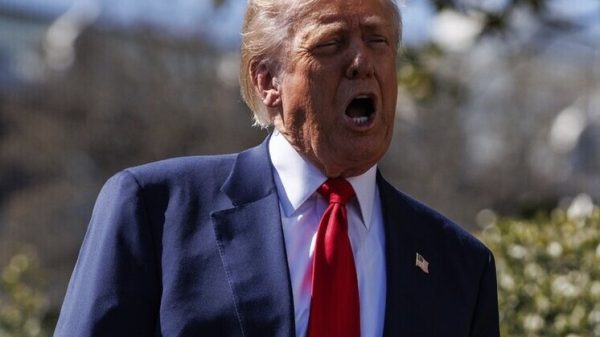

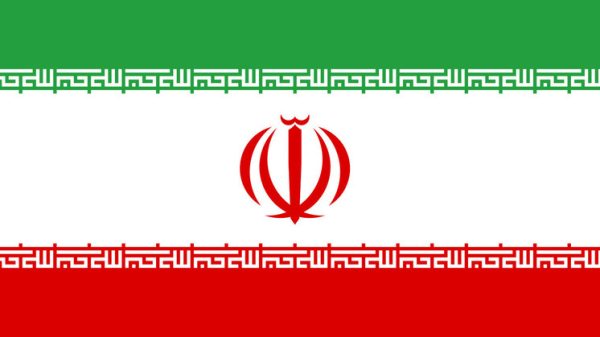
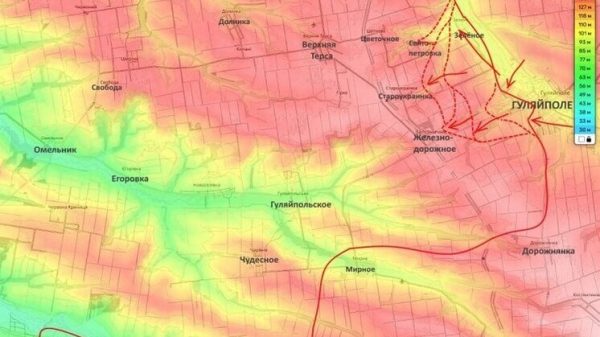
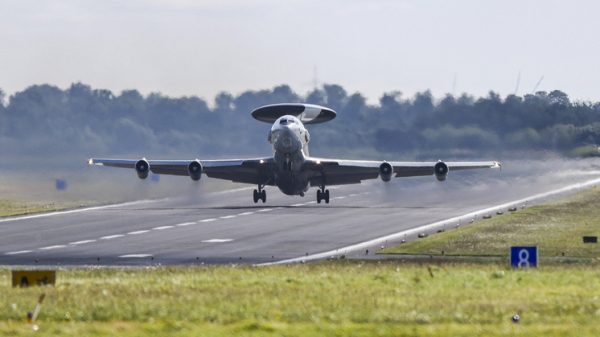

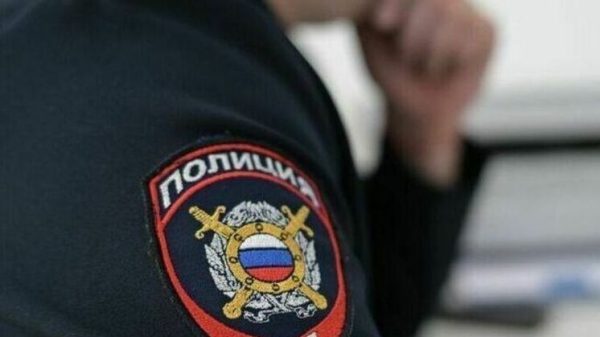
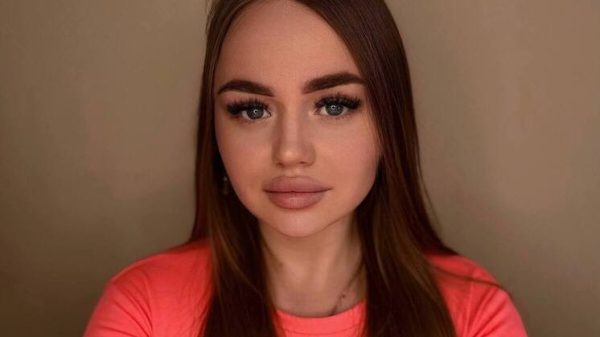
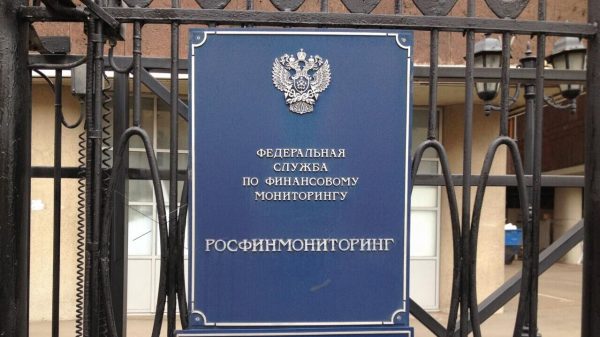




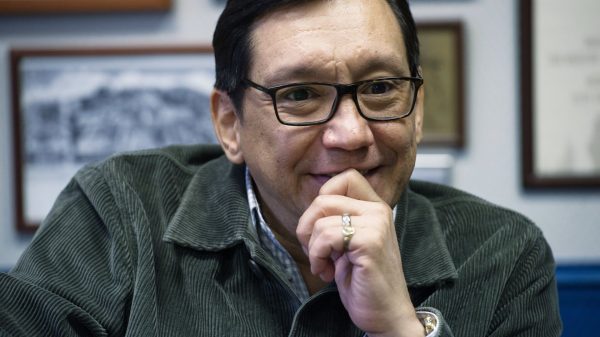
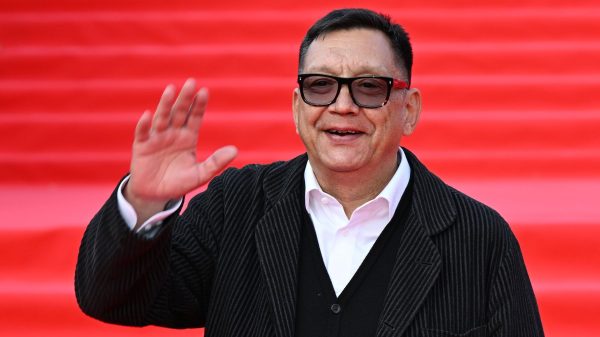

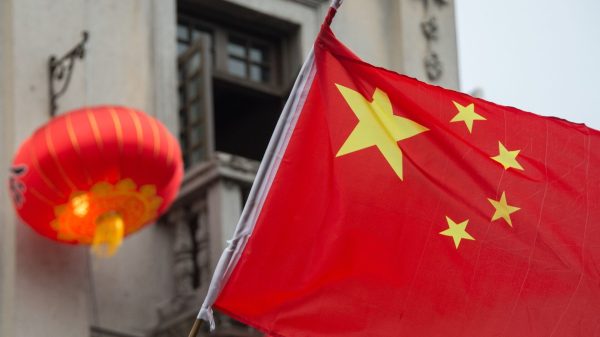

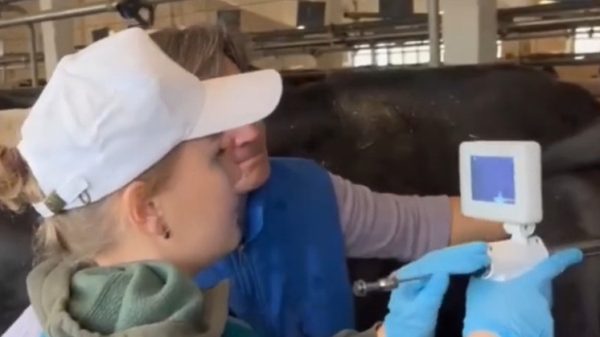
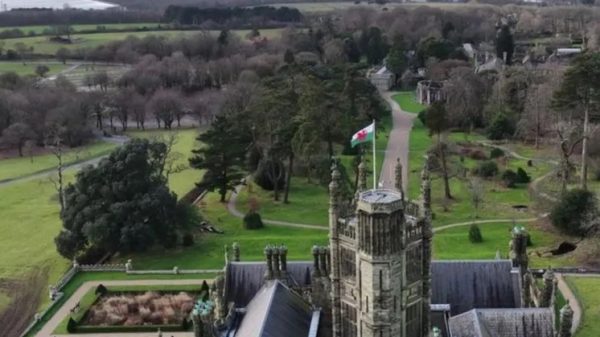
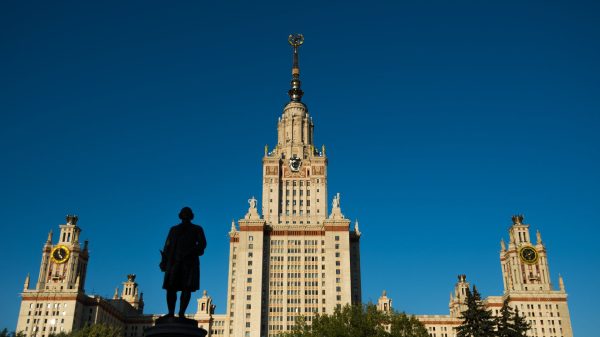







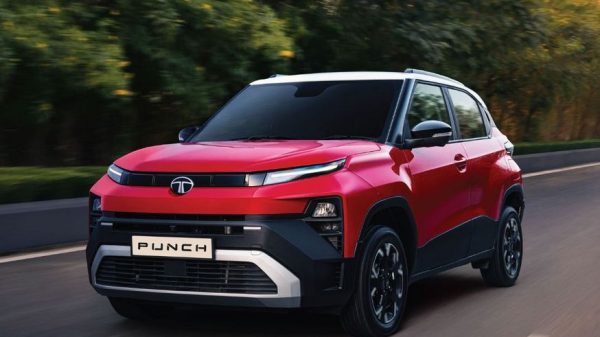

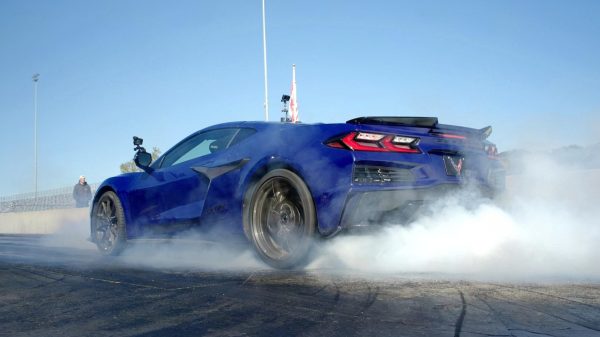


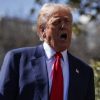

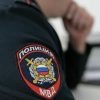

















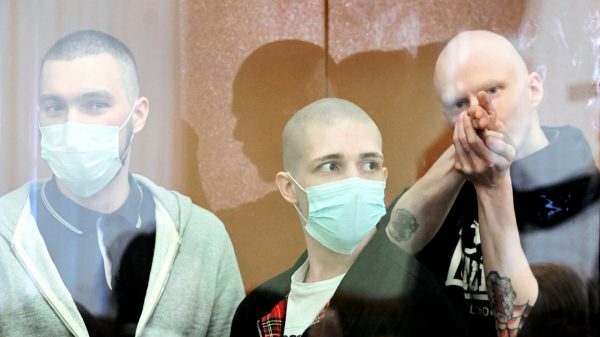

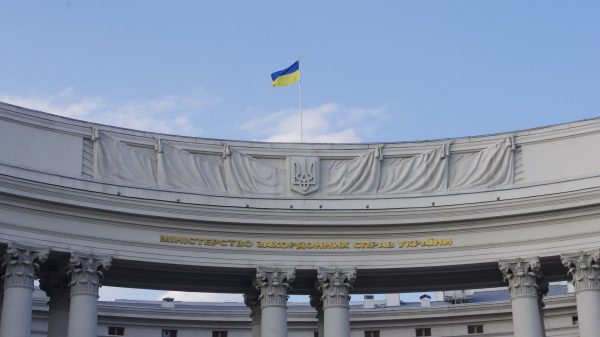
Свежие комментарии